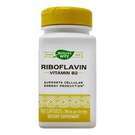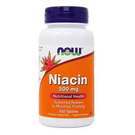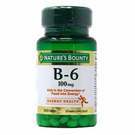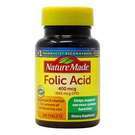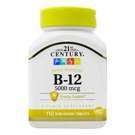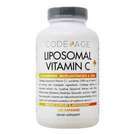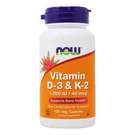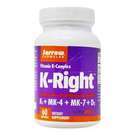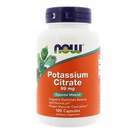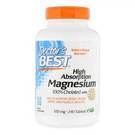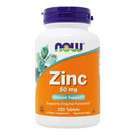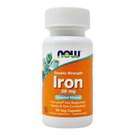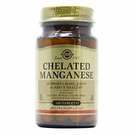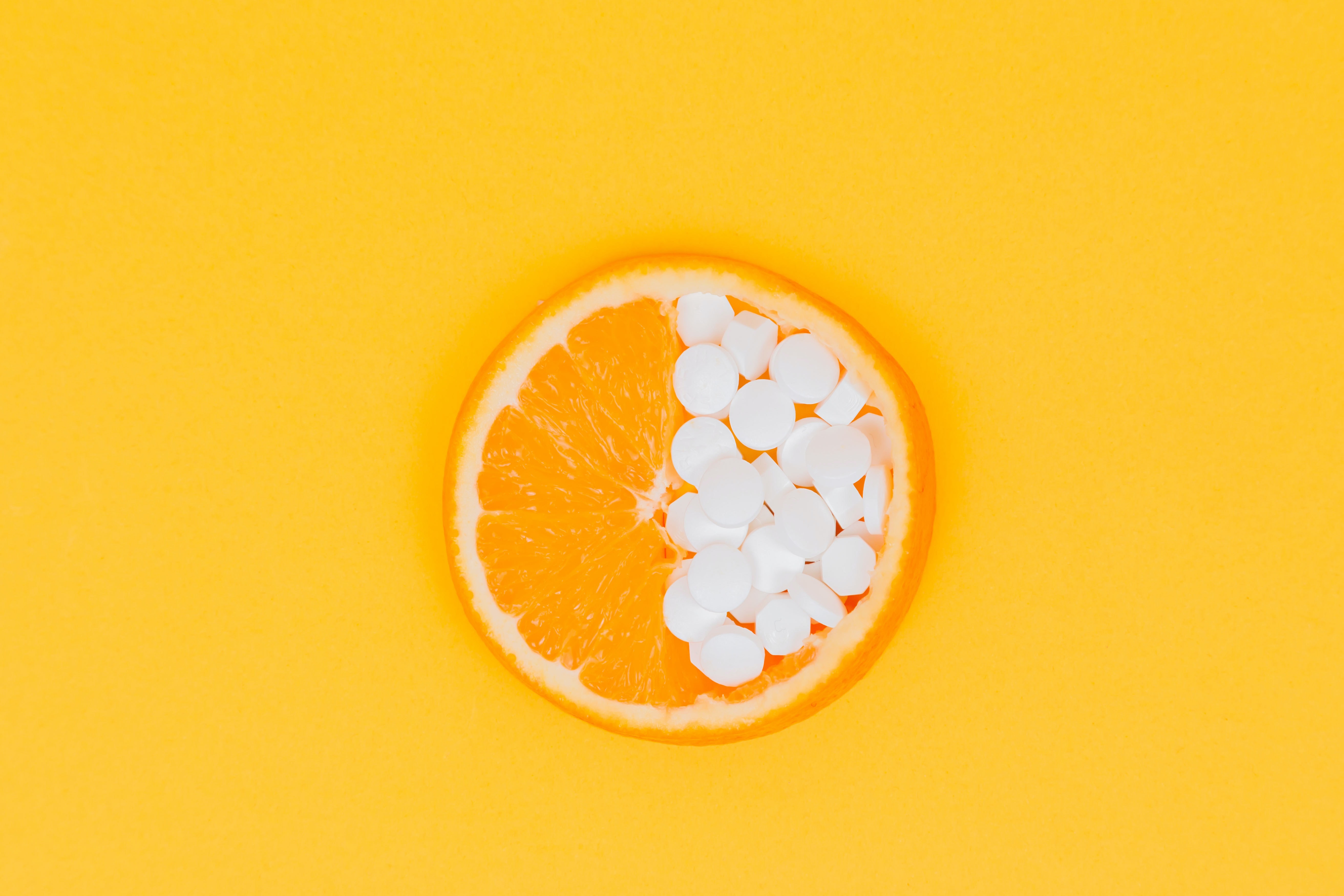 How to Use Vitamins to Prevent COVID-19, Treat COVID Cytokine Storm, and to Reclaim Your Health after Long COVID
How to Use Vitamins to Prevent COVID-19, Treat COVID Cytokine Storm, and to Reclaim Your Health after Long COVID
There are many diseases and illnesses that are either brought on or made worse by deficiencies in essential vitamins and minerals. While a slight deficiency in a vitamin or mineral may not cause dramatic and distinct deficiency illnesses like scurvy or pellagra, having too little of a particular nutrient can make it much more difficult for your body to heal itself and protect itself from illness. Thus, this section will briefly look at how nutrients play a role in the treatment and prevention of COVID-19 and other respiratory illnesses in particular.
Vitamin A as a COVID-19 Treatment
Vitamin A (as retinol) has been studied in the treatment and management of certain other major viral diseases, including hepatitis B (HBV), influenza, Mink enteritis Virus (MeV), cytomegalovirus, and norovirus, among others. It has also been studied in the treatment of both SARS-CoV and MERS-CoV, both coronaviruses closely related to the SARS-CoV-2 virus (otherwise known as COVID-19). This vitamin is known mostly for its effects on eye and skin health, but is also a vital part of the gene expressions for immunity during and before infection. We need vitamin A in order for our cells to know what to do in the event of a viral infection such as COVID-19 or another respiratory illness.The B Vitamins
Each B vitamin has a slightly different role to play in the body. Nonetheless, all of these vitamins have some key things in common, which is why they’ve been grouped together as they have. Some of the essential function that all B vitamins contribute to in the body include:- Red blood cell production
- Making use of carbohydrates, fats, and proteins (without B vitamins, your body isn’t able to use these macronutrients for energy or other processes)
- Immunomodulation of the colon
- Improves the function of the intestinal barrier (which is responsible for absorption of nutrients into the bloodstream and also the prevention of absorption of pathogens)
Vitamin B1 (Thiamine) as a COVID-19 Treatment
Vitamin B1 has been shown to have an anti-inflammatory effect by preventing the body’s immune cells from producing excessive quantities of pro-inflammatory cytokines. It also relieves and prevents oxidative stress and metabolic problems in the body. Other notable roles of vitamin B1 include its role in body temperature regulation, nervous system function, and the generation of cellular energy. This B vitamin is also particularly connected to optimum immune system function.One study demonstrated that thiamine may be able to help the body develop immunity to COVID-19 after exposure, thus preventing secondary infections with the virus. In the treatment of COVID-19, thiamine may be especially valuable for patients at risk of cytokine storm syndrome because of its role in bringing down inflammation in the body and reducing oxidative stress, both problems that patients with cytokine storm struggle with. It may also be a helpful treatment for people suffering from Long COVID.
Vitamin B2 (Riboflavin) as a COVID-19 Treatment
Vitamin B2 has a significant role in immunomodulation. If a person doesn’t have enough riboflavin, their genes will express pro-inflammatory traits. Previously we have discussed how genetics play a role in the development (or not) of cytokine storm, and how people who are genetically more inclined to experience a storm will likely experience one with COVID-19 due to the nature of the virus. What this means for COVID-19 patients is that without enough vitamin B2, they put themselves at higher risk of developing cytokine storm syndrome, especially if they already have DNA wired to produce a cytokine storm.Vitamin B3 (Niacin) as a COVID-19 Treatment
Vitamin B3 is an extremely valuable medicine for many people, including (but certainly not limited to) patients with COVID-19 or respiratory illnesses. This vitamin protects the lungs and can help the body heal by increasing blood flow to all parts of the body. In the treatment of COVID-19, no less than 1000mg should be administered daily once coughing begins (take 500mg twice a day).Vitamin B6 (Pyridoxine) as a COVID-19 Treatment
A deficiency in vitamin B6 can have a significant effect on immune function and modulation. Individuals who have too little vitamin B6 do not produce as many cytokines or chemokines, which are essential for pathogen destruction. This vitamin can help activate IFN-gamma in particular. Though overproduction of this cytokine is noted as being problematic in cytokine storm syndrome, it is still an important cytokine for viral destruction. People with underactive immune systems may benefit from higher doses of vitamin B6 (though people actively experiencing a cytokine storm may want to use caution until they can bring their immune response back under control).Vitamin B9 (Folate) as a COVID-19 Treatment
Vitamin B9 is usually known for its importance before and during pregnancy, but it also has other vital functions including protein and DNA synthesis and directing the immune system to adapt and change as needed. Studies have shown that folate may be able to prevent and treat COVID-19 infections through its ability to inhibit the binding of the SARS-CoV-2 virus spike protein and also through its inhibition of the furin, an enzyme present in bacterial and viral infections. Vitamin B9 can reduce the opportunities available for the COVID-19 virus to release the spike protein into healthy host cells. Folic acid and some of its derivatives also have anti-COVID-19 action. Thus, higher doses of this vitamin may be good for prevention as well.Vitamin B12 as a COVID-19 Treatment
Vitamin B12 deficiency is all too common these days, and its symptoms can manifest in ways such as lowered immunity, fatigue, general dis-ease, dementia, and more. People over age 50 and individuals of all ages who are vegan or strict vegetarians with extremely limited animal product intake should try to receive vitamin B12 injections or IV therapy at least once a year. In between injections/IVs, take a vitamin B12 supplement.
People over the age of 50 years aren’t able to absorb vitamin B12 from their diets as easily, while vegans and vegetarians (in many cases) have no vitamin B12 in their diets at all. Contrary to popular belief, nutritional brewer’s yeast is not a good source of this vitamin, and while there are a few rare plant-based sources of vitamin B12, most of them do not contain enough of this vitamin to support overall health.
Vitamin C as a COVID-19 Treatment
Most people today are aware of the fact that vitamin C is crucial for the prevention and treatment of bacterial and viral infections. Many readers have consumed a glass of orange juice or taken a daily vitamin C supplement as a preventative measure against the common cold or seasonal influenza, but you may not have thought of using vitamin C as a treatment (not only a method of prevention) for COVID-19 or respiratory infections.Studies have shown that supplementation with 1-2 grams of vitamin C daily can reduce the symptoms of the common cold and also reduce the risks associated with upper respiratory tract infections. IV administration of vitamin C can have a dramatic positive impact even on particularly severe infections like sepsis or acute respiratory distress syndrome (ARDS), both common issues in COVID-19 patients.
Vitamin D as a COVID-19 Treatment
Studies examining the relationship between vitamin D deficiency and COVID-19 showed a relatively strong correlation between high alert areas and communities with high rates of deficiency in this vitamin. As an antioxidant and an anti-inflammatory agent that specifically targets TNF-alpha (among other pro-inflammatory cytokines), vitamin D appears to have some effects that may be valuable in the treatment of COVID-19.In addition, previous studies have shown that vitamin D deficiency or insufficiency can lead to a higher risk of respiratory tract infection. The vitamin also can prevent acute lung injury in these infections. One more recent study demonstrated that high dose vitamin D supplementation of 250,000 - 500,000 IU had significant positive results in the treatment of COVID-19. A different trial studied the effect of vitamin D supplementation on dengue fever and showed that 4000 IU/day of vitamin D dramatically reduced dengue infection rates in the population studied.
Vitamin D3 has also demonstrated an ability to inhibit the SARS-CoV-2 spike protein from being able to enter a healthy cell. This indicates that either adequate sunlight (preferably, in areas where this is possible) or vitamin D3 supplementation may help prevent a COVID-19 infection and may also help people who are already infected to recover successfully.
Vitamin D is also noted for its ability to help increase glutathione production in the body.
Vitamin E as a COVID-19 Treatment
Vitamin E supplementation is a good therapy for COVID-19 recovery in particular. It reduces oxidative stress and is a free radical scavenger, in addition to preventing free radicals from forming in the first place. It is an anti-inflammatory vitamin and thus can help people who have recovered from a COVID-19 infection to bring their bodies back to a normal, non-inflamed state. In older people, vitamin E can also help maintain immunity and overall immune function (although it doesn’t have quite the same effects in younger people).Vitamin K as a COVID-19 Treatment
There are 2 kinds of vitamin K: Vitamin K1 (phylloquinone) and K2 (different menaquinones, MK-7 is the most popular). Both are essential and valuable to people who want to prevent or treat COVID-19, but many of the studies into vitamin K and viral infections have focused on vitamin K1. The authors would like to note that vitamin K2 is beneficial for heart and bone health and that everyone should incorporate a K2 + D3 vitamin into their supplementation protocol due to a severe (and overlooked) K2 deficiency problem in most of the western population. Vitamin K1 is primarily beneficial as a supplement for COVID-19 patients because it helps prevent blood clotting in the lungs (as well as in other areas of the body that may be affected).Sodium as a COVID-19 Treatment
Low sodium levels (otherwise known as hyponatremia) are commonly found in COVID-19 patients. Some researchers have noted that the more severe of a case of COVID a patient has, the lower their sodium levels will be. This indicates that the SARS-CoV-2 virus somehow depletes the infected person’s supplies of sodium, and that sodium supplementation may help reduce symptoms and risk associated with the infection.Drinking sea water may help patients recover more quickly from COVID-19 as well as long COVID by keeping tissues super-hydrated so that toxins can easily move out of the body. The high amount of ionic sea minerals and salts in sea water promotes electricity and energy in the body.
Potassium as a COVID-19 Treatment
Love levels of potassium, also called hypokalemia, have previously been shown to lead to higher risk of ARDS and acute cardiac injury. Both of these are serious problems that are often experienced by COVID-19 patients. Like with sodium, COVID patients generally show lower levels of potassium in their bodies than normal, suggesting that supplementation may be beneficial. Some researchers also speculate that lowered levels of these two minerals may also be a marker of COVID infection in some cases.Calcium as a COVID-19 Treatment
Besides being an important part of bone health, calcium supports the immune system by “kicking out” invasive pathogens. This mineral helps remove viruses from inside cells so as to allow the body’s natural defenses to more easily target and kill the virus. Supplementation with calcium may help prevent infection with viral respiratory infection. Again, similar to potassium and sodium, COVID-19 patients with a more severe infection have been noted to have generally lower calcium concentrations. Hypocalcemia may be corrected with appropriate supplementation, and it’s possible that supplementation with this mineral (as well as others) may help reduce the severity of the disease.Phosphorus as a COVID-19 Treatment
Phosphorus is vital for the production of proteins in the body that make it possible for the body to grow, change, and heal on a cellular level. Like the last three minerals mentioned, phosphorus too tends to show up in lower quantities in COVID-19 patients. Some studies have been able to demonstrate that even a slight phosphorus deficiency (hypophosphatemia) can increase the risk of infection if the SARS-CoV-2 virus (or another similar virus) finds a way into the body. Because phosphorus plays such an essential role in tissue and cellular healing and regeneration, if the patient does not have enough and they get infected with COVID-19, the infection can progress much more quickly because the body doesn’t have what it needs to repair itself properly and attack the pathogen.Magnesium as a COVID-19 Treatment
Magnesium is not only valuable for the prevention and treatment of respiratory illness, but it is also an extremely important mineral for emotional and mental health. This mineral regulates the immune system in a few different ways, such as through immune cell adherence, the creation of immunoglobulin, and in the development and release of antibodies.One study conducted in Singapore used a supplementation protocol that included magnesium (150mg), vitamin D, and vitamin B12 (1000 IU) to successfully reduce the rate at which COVID-19 progressed in older patients. Specifically, the combination of vitamin B12 and magnesium was shown to protect against respiratory tract infection and reduce pro-inflammatory cytokines (which would help prevent cytokine storm syndrome, a leading cause of particularly severe or even deadly COVID-19 infections, more than the infection itself).
Zinc as a COVID-19 Treatment
Zinc is a versatile micromineral that is responsible for various functions in the cardiovascular, reproductive, and nervous systems in addition to playing a significant role in immunity. It has antiviral properties and encourages the body to develop immunity against invading pathogens, as was proven in one study that demonstrated its vital role in the development of immunity against the H1N2 influenza virus. Zinc has also been shown to inhibit the replication of the SARS coronavirus RNA sequence, which would allow the body’s natural defenses and other medicinals to be able to target remaining COVID viruses without the disease being able to grow any more that it already had.Daily supplementation with zinc is also recommended by Dr. Metharam Haresh, a doctor with decades of experience successfully treating cardiovascular disease, HIV, cancer, COVID, and various other diseases.
The Role of Iron in COVID-19
Iron is one of the most important micronutrients involved in the production of hemoglobin and red blood cells. It is an oxidant, however, and in COVID-19 patients too much ferritin may be produced as a result of the infection. Excess ferritin can contribute to tissue damage during cytokine storms. Thus, some experts have suggested that iron chelation therapy be employed in COVID-19 patients to minimize the effects of hyperferritinemia.Copper as a COVID-19 Treatment
Copper is absolutely vital for the immune system’s fight against viral infections like COVID-19. It is absorbed into the body through the small intestine and then enters the bloodstream to be able to maintain ionic balance in the body and perform or participate in various other important functions. Copper helps ensure that the immune system can produce cytokines and killer immune cells in addition to promoting immunity against pathogens for future encounters, and also has a direct antiviral effect against certain viruses.Some studies have shown that copper may be able to directly stop viral replication of the COVID-19 virus, and others have been able to show antiviral activity of copper against poliovirus, HIV-1, and the bronchitis virus.
Selenium as a COVID-19 Treatment
Selenium is both antiviral and anti-inflammatory, and can also help the body to absorb and use iodine successfully. Research has shown that deficiency in selenium is a risk factor in viral infection, including that of COVID-19 infection and other viral respiratory infections. Selenium supplementation can also help reduce oxidative stress created by the presence of the SARS-CoV-2 virus. High doses of nutritional selenium have a significant effect in reducing the symptoms and viral load in COVID-19 patients.Manganese as a COVID-19 Treatment
Manganese is an antioxidant and detoxifying mineral and helps the body successfully utilize amino acid proteins in energy production. Previous studies have shown that manganese may have certain specific antiviral effects in addition to being immunomodulatory and promoting immunity. Manganese deficiency is correlated with decreased antibody production, indicating that not having enough manganese in the diet or in supplements can lead to the body being unable to develop resistance to pathogens like SARS-CoV-2 and other viruses. It stands to reason, therefore, that supplementation with manganese may help COVID patients not only fight off the infection but also prevent secondary infections later. Manganese supplementation may also help people who are not infected to ward off viral infections in advance.Iodine as a COVID-19 Treatment
Iodine is an absolutely vital part of any anti-COVID treatment or prevention protocol. We discuss iodine in depth in the first volume of this series and also briefly discuss some of its other uses throughout this book. Povidone iodine (betadine) mixed with clean water may be used as a gargle and nasal spray to help prevent infection with COVID-19. Never take Betadine internally. In contrast, Lugol’s iodine may be used in a nebulizer to help relieve the symptoms of COVID and also be a therapeutic treatment. Lugol’s iodine and Iodoral may also be taken to improve general health and increase the body’s ability to fight off infection. When you take supplemental iodine, the iodine is excreted in your respiratory mucosa, saliva, and airways, meaning that the COVID-19 virus is less likely to be able to enter your body and cause infection.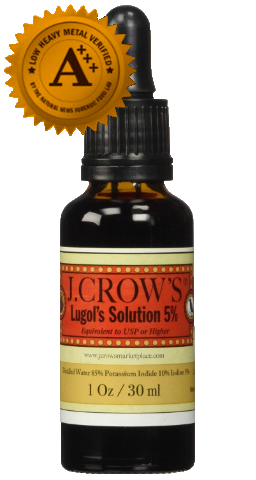
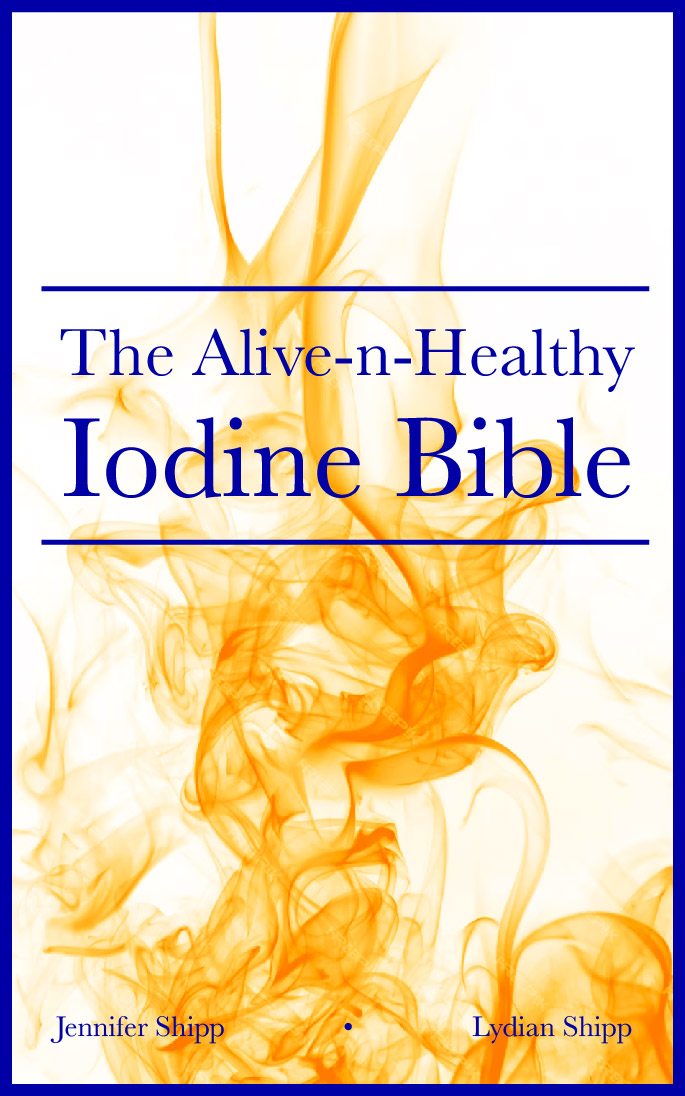
The AlivenHealthy Iodine Bible - Everything you need to know to get started taking iodine and more!
Cobalt as a COVID-19 Treatment
Cobalt is closely related to vitamin B12 and, like this vitamin, plays a crucial role in blood formation and nervous system function. Past studies have shown that therapeutic cobalt is effective against hepatitis, sindbis virus, herpes simplex virus, and the Epstein-Barr virus. Much of its antiviral effects come from its ability to inhibit RNA translation in viruses. Although there aren’t currently any studies on cobalt as a treatment against SARS-CoV-2 or other coronaviruses, its effects against other viruses suggest that it may be a valuable therapy.Sulfur as a COVID-19 Treatment
Sulfur is an underrated mineral in the treatment and prevention of COVID-19 and its symptoms. This mineral is a key part of the production of essential amino acids, including cysteine and methionine. Cysteine and N-Acetyl Cysteine (also known as NAC) both can be used to help clear sinuses and relieve some of the symptoms of COVID-19. Sulfur also aids nutrient transport across the cell membranes, regulates immune function, and has a role in blood clotting. One sulfate-based compound known as sodium thiosulfate is particularly well-suited as a therapeutic agent for COVID patients. Thiosulfate can relieve pneumonia and lung injury and damage in both adults and children who have suffered from a respiratory infection. Sulfur may have similar properties in addition to potentially being protective of the body against the COVID-19 virus.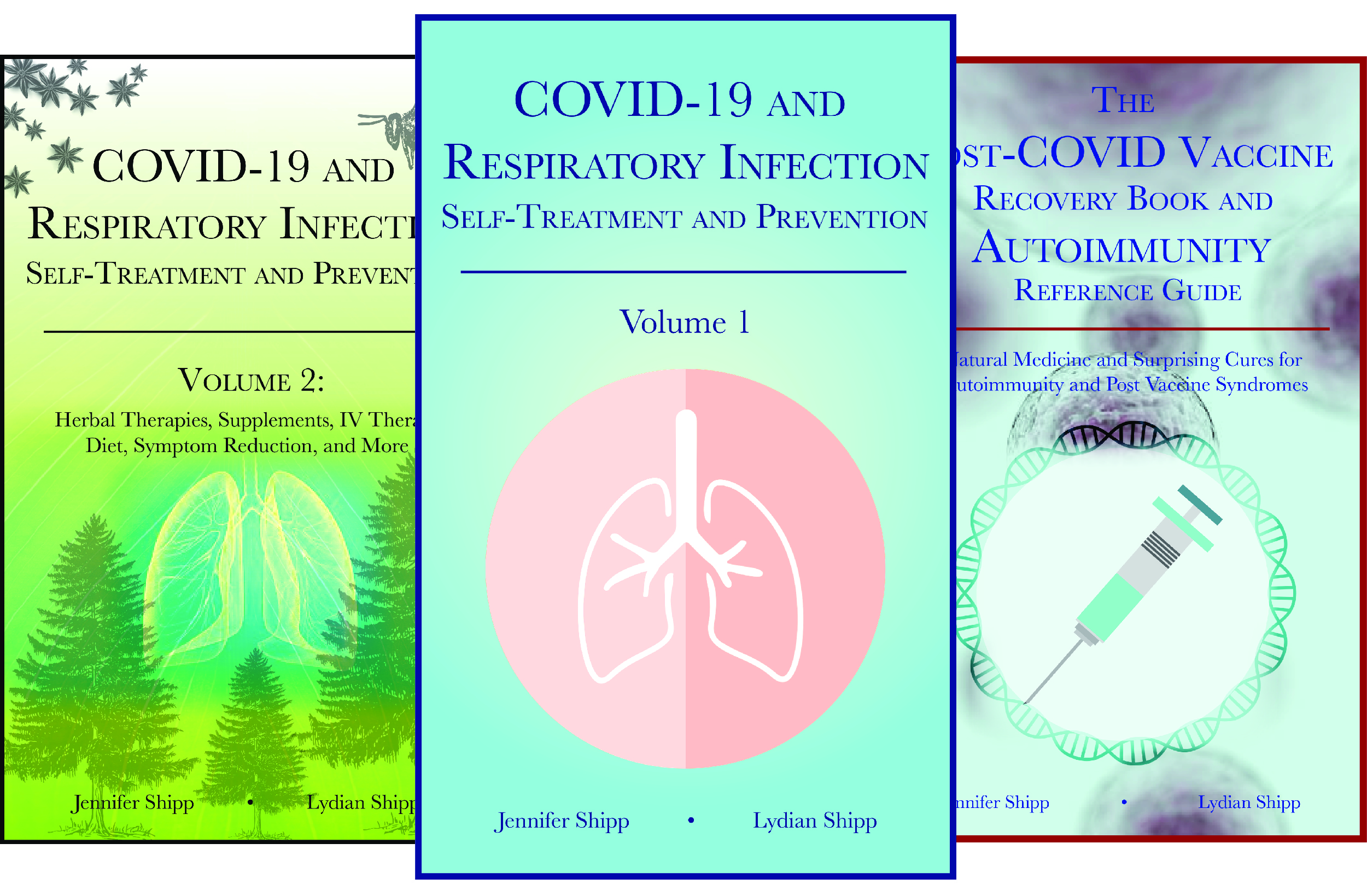 COVID-19 and Respiratory Infection Self treatment and Prevention BUNDLE - Volumes 1, 2, and 3
COVID-19 and Respiratory Infection Self treatment and Prevention BUNDLE - Volumes 1, 2, and 3

Resources:



